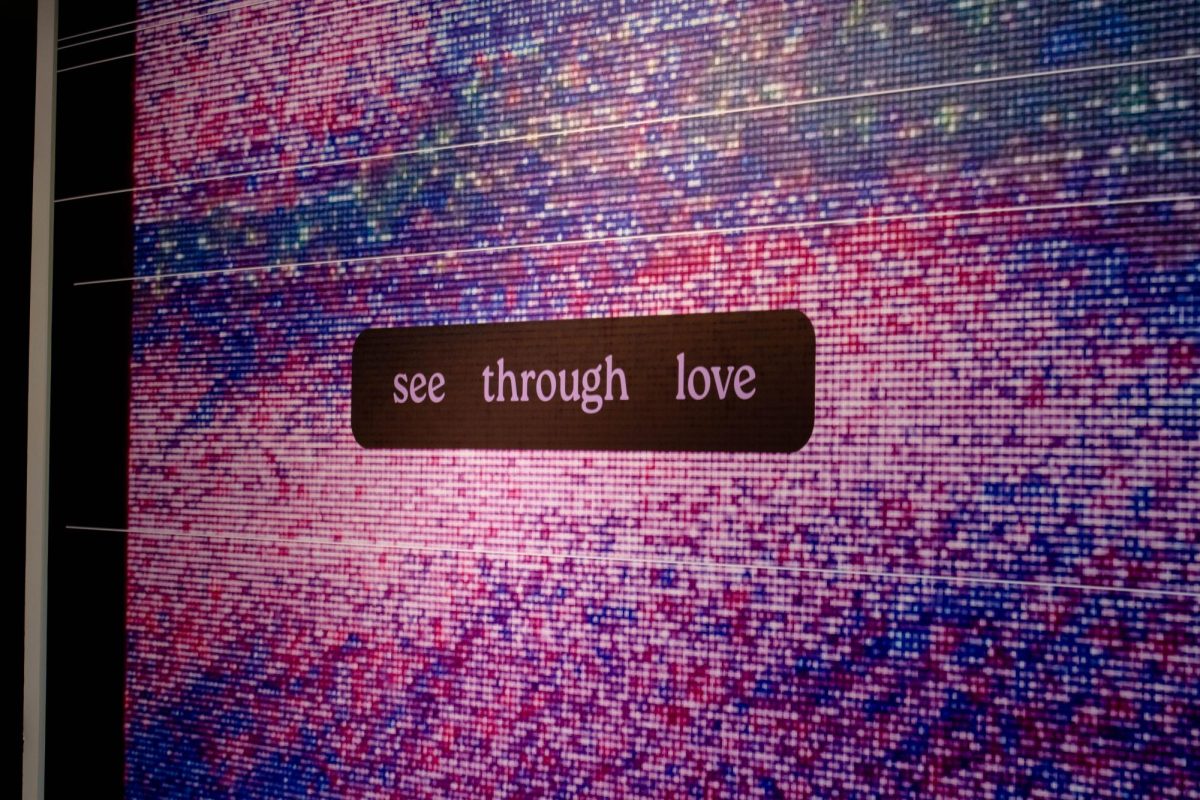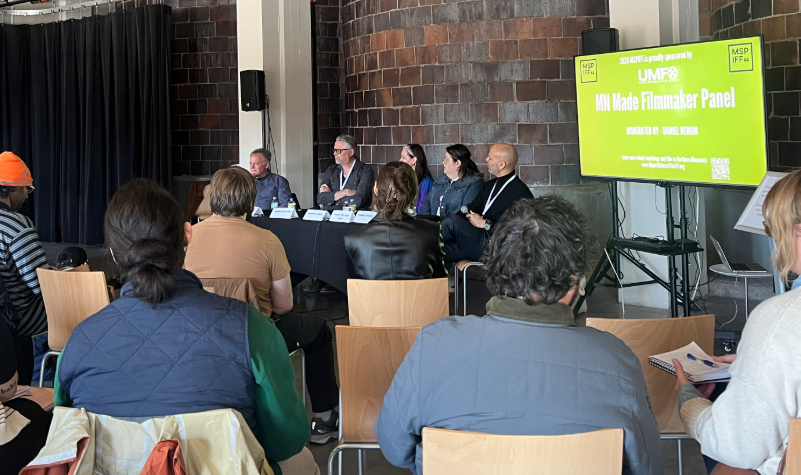Talib Kweli isn’t stupid. The street philosopher knows you can’t reach the people if you’re broke. And airtime costs money nowadays. That hasn’t stopped the Brooklyn, N.Y., MC from staying political. But it has sometimes caused him to smooth out his gritty style in hopes of selling more records.
This tug-of-war between art and commerce became a problem on his second album, 2002’s “Quality.” Kweli made the mistake of mixing his signature street songs with artsy, R&B-infused snorefests. He wasn’t on some Ja Rule sing-a-long idiocy, but his artistic choices were suspect.
Kweli’s new buddies Jay-Z and Kanye West have obviously had an effect on him, because the rapper straightens himself out on “The Beautiful Struggle.” He still might be trying to merge his raw raps with crossover R&B, but he’s doing a much better job of it. Singers such as Res and John Legend energize the songs they appear on – the epic “We Got the Beat” and the piano masterpiece “Around My Way” – instead of drowning them in out-of-place crooning.
Kweli also gets his choice of superproducers this time around. They’re the same heavy-hitters Jay-Z uses: The Neptunes, Just Blaze and Kanye West. They give Kweli a beat palette most MCs would kill for.
Rhyme-wise, Kweli’s themes stay pretty much in line with the album’s solemn title. There are still a couple songs in which he tries to make the ladies swoon. But as in the past, it seems forced and a little silly. Especially for an MC once hailed as the face of serious, independent hip-hop.
So skip those tracks and pay attention to what he does best: dropping science. Songs such as “Going Hard” and “Black Girl Pain” are powerful examples of Kweli’s gift for telling other people’s troubles. On “Going Hard” he raps, “You say you never scared?/ There’s kids in other countries making jerseys, jeans and sneakers they can never wear/ Parents never there.”
While Kweli has always provided message music for the people, he’s been reluctant to embrace the “activist rapper” label. It pisses him off, actually. On the album’s title track he raps, “They call me this political rapper even after I tell them I don’t fuck with politics/ I don’t even follow it.”
Musically, Kweli might have hit a comfortable plateau with this album, but he still needs to figure out where he really wants to be with his rhymes – is there really time for him to rap about hollering at females – in order to sell more records – when, as the man says himself, there’s war and death all around us?







